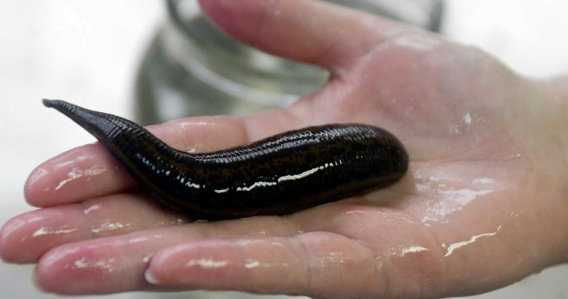There are thousands of parasites and everyone is infected with hundreds of them. They are the major transmission route for flu, involved in all cancers, and carry with them other viruses, bacteria, fungi, mycoplasma, and other pathogens and toxins. Malaria, giardia and rosacea are just a few of the hundreds of medical conditions caused by parasites.
Only a few parasites can be identified by lab tests and then usually only in the stool in one out of five samples. Even when identified, conventional medicine offers only toxic medications which are often ineffective.
Parasites are easily eliminated from the body within a few hours with the correct frequencies. Each parasite strain requires multiple frequencies to knock out each stage of the life cycle plus frequencies to knock out critical proteins.
The complexity of multiple frequencies and multiple strains makes it difficult for most researchers to systematically eliminate parasites. Frequency Foundation has spent more than two decades of research to be able to do this consistently and effectively with frequencies only.
Our database has evolved to many thousands of parasite strains, each with up to 30 frequencies to eliminate them. Frequency Research Foundation subscribers requested that they be posted online so they can do database searches for specific frequencies which are useful. Over the next few months, the entire research database on parasites will be made available to subscribers.
Parasite immunomodulation and polymorphisms of the immune system
Centre for Immunity, Infection and Evolution, and Institute of Immunology and Infection Research, University of Edinburgh, Edinburgh, EH9 3JT, UK
Journal of Biology 2009, 8:62doi:10.1186/jbiol166
The electronic version of this article is the complete one and can be found online at: http://jbiol.com/content/8/7/62
| Published: | 5 August 2009 |
Abstract
Parasites are accomplished evaders of host immunity. Their evasion strategies have shaped every facet of the immune system, driving diversity within gene families and immune gene polymorphisms within populations. New studies published recently in BMC Biology and Journal of Experimental Medicine document parasite-associated immunosuppression in natural populations and suggest that host genetic variants favoring resistance to parasites may be detrimental in the absence of infection.
Parasites
Parasites are eukaryotic pathogens, and broadly comprise protozoa, fungi, helminths and arthropods (Figure 1) that complete part or all of their life cycle within a host organism. Like other pathogens, parasites must survive in the face of a highly potent immune system. They succeed in this through a great diversity of strategies for avoiding immune detection, suppressing cellular immunity and deflecting immune attack mechanisms. It has been suggested that the need to overcome suppressive mechanisms of parasites may have led to compensatory adjustments in immune genes that, in an environment where parasitic infection is not endemic, may increase the likelihood of inappropriate responsiveness to self-antigens (autoimmunity) and environmental allergens (allergy). This notion has become known as the hygiene hypothesis [1]. Two recent papers, from Jackson et al. [2] and Fumagalli et al. [3] lend support to this hypothesis.
